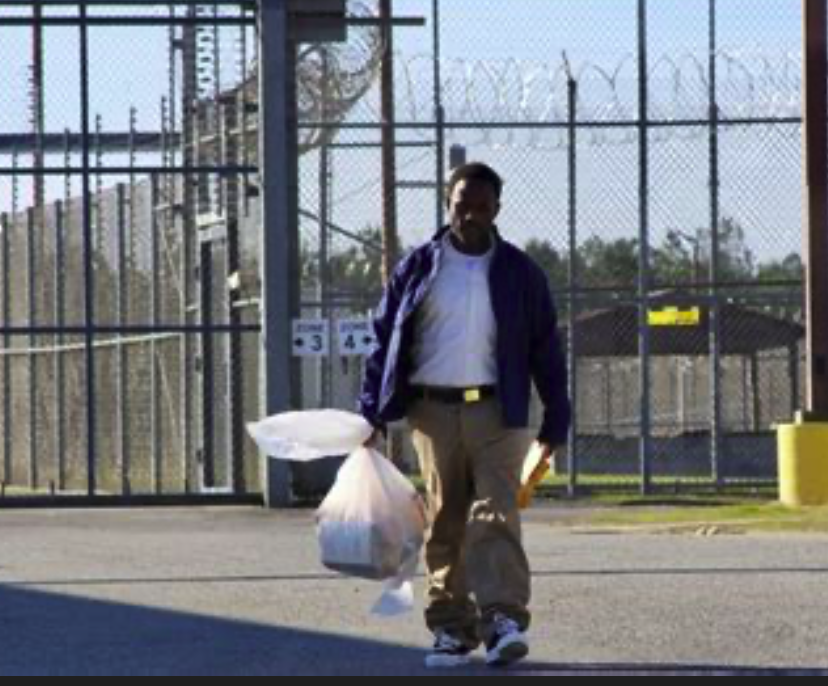 Coming Home:
Coming Home:
7 Helpful Tips To Welcome Your Reentrant
No. 1: The greatest gift you can give your family member coming out of incarceration, is love. Nothing is more important. Because when someone knows they are welcomed and loved, they begin to feel secure—an outsider no more. When a person’s love bank is truly full, you can make withdrawals in the form of household rules and requirements, that will smooth the transition and begin to integrate your family member into the rhythm of the home.
No. 2: Go easy. Adjusting to a culture so different from living inside a prison or jail is no small thing and it takes time. Your loved one needs to get a license, or get a schedule with a parole agent, find a job, learn to help out around the house, and get used to his or her new life. Remember they’ve been told what to do for a long time, and won’t want to be told much from you. Go gently, but firmly, and ask for their help. Learning to work within a family unit—even if its just the two of you, is part of reentry.
No. 3: Talk. Talk. Talk. Let your loved one know you care about how he or she feels during this process. Help them to understand that reentry for them is an adjustment for you too. Ask questions about how he or she is doing, how they feel. Then listen. Set goals together for the day and week, and help them reach those goals.
No. 4: Be a protective shield against negative influences. Help him or her stay away from the people and habits that may have led to incarceration. Families that attend religious services should make that part of his or her routine. Negative external pressure is everywhere. Urge them to avoid it and turn to more optimal pursuits like getting a job, organizing transportation, and connecting with medical personnel, if needed.
No. 5: Help them avoid any display of anger. In prison, aggression and anger are methods of protection, but outside prison culture, visible anger is not OK. If your loved one displays anger and frustration, it will short circuit his or her success in the future. Tell them you understand that reentry isn’t easy, but they should look at it as nothing more than an obstacle course one has to get through to a better life. Urge them to think positively, as they go carefully through the process to join the many many success stories of people who have made a great life after serving time.
No. 6: Laugh! Lighten up. Depending on how long your family member was incarcerated, they may feel embarrassment, or even shame when faced with seeing old friends again or others who know about the incarceration. Talk with them about it. Help them to seek happiness and understand they are not alone. In fact, one in three people in the U.S. have been incarcerated! People make mistakes! And the most impressive reentrants will frankly say what they did was not a smart move, and they are just looking forward to a great future. Times have changed. An increasing number of employers are willing to hire and to promote formerly incarcerated people who are serious about doing a good job. Have them check out 2ndChanceIN.com for an employer connection. This is the time to smile, be positive, and get on with life. See Phillippians 3:13!
No. 7: If alcohol or drug addiction is an issue, get a plan. Addictions are incredibly difficult to work through without support. Your loved one will need your support, love, care, and guidance to help them. Many times, they may need a licensed therapist or doctor to provide a clear path to beating their addiction. Ultimately, It is up to them to beat the habit, and with help they can make it through the process of healing. Without healing, they could be looking at reentry over and over again.
Blessings,
Nancy








